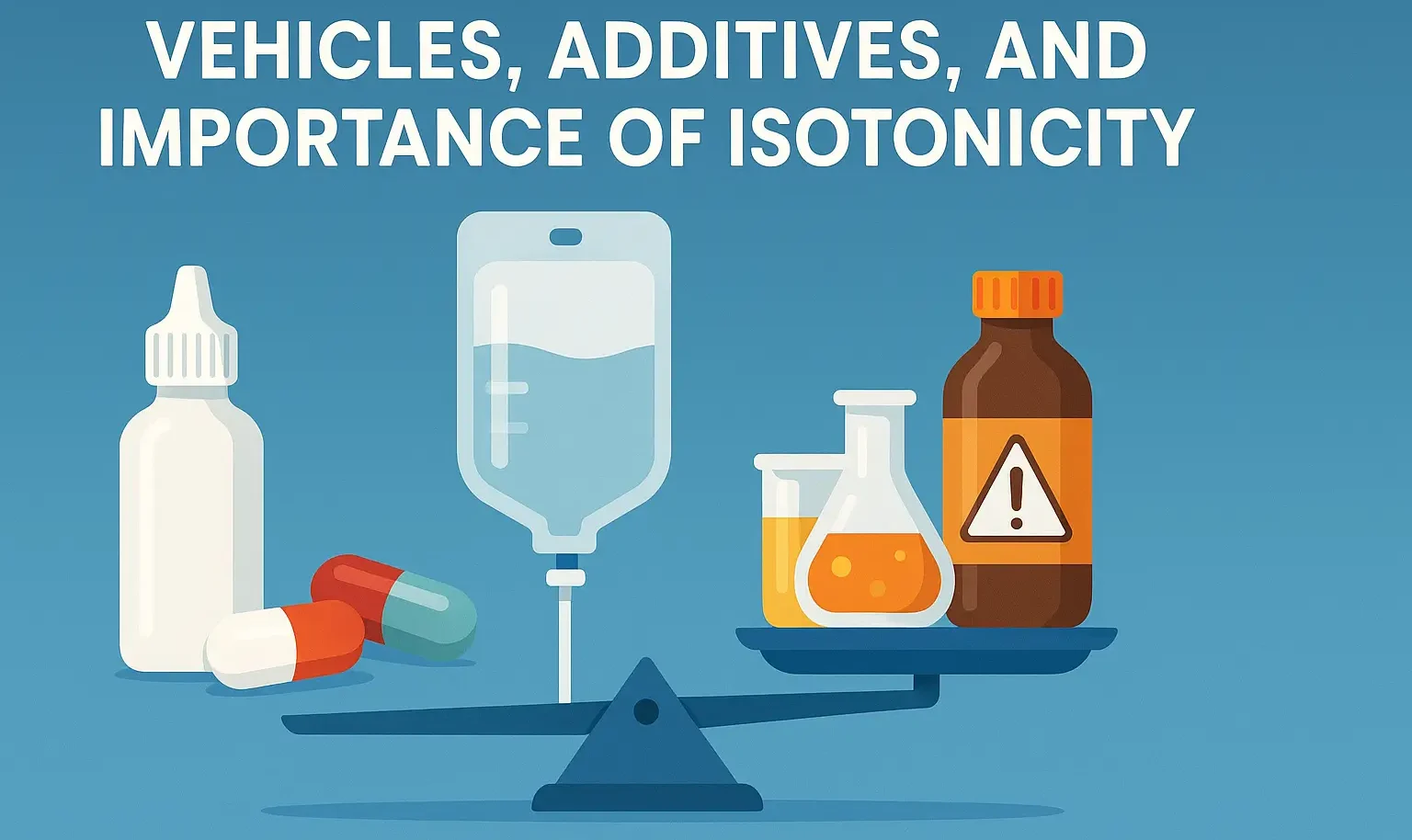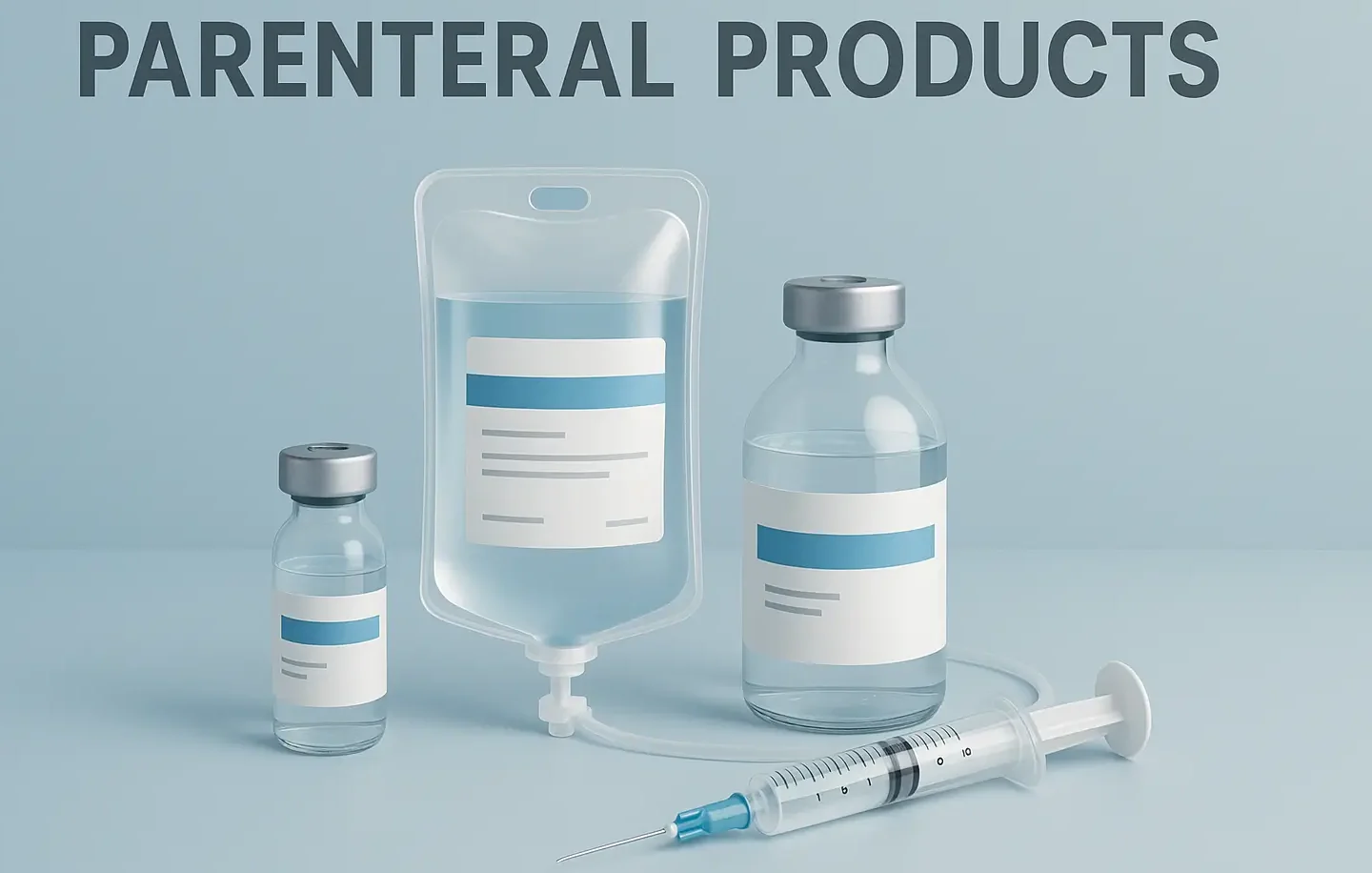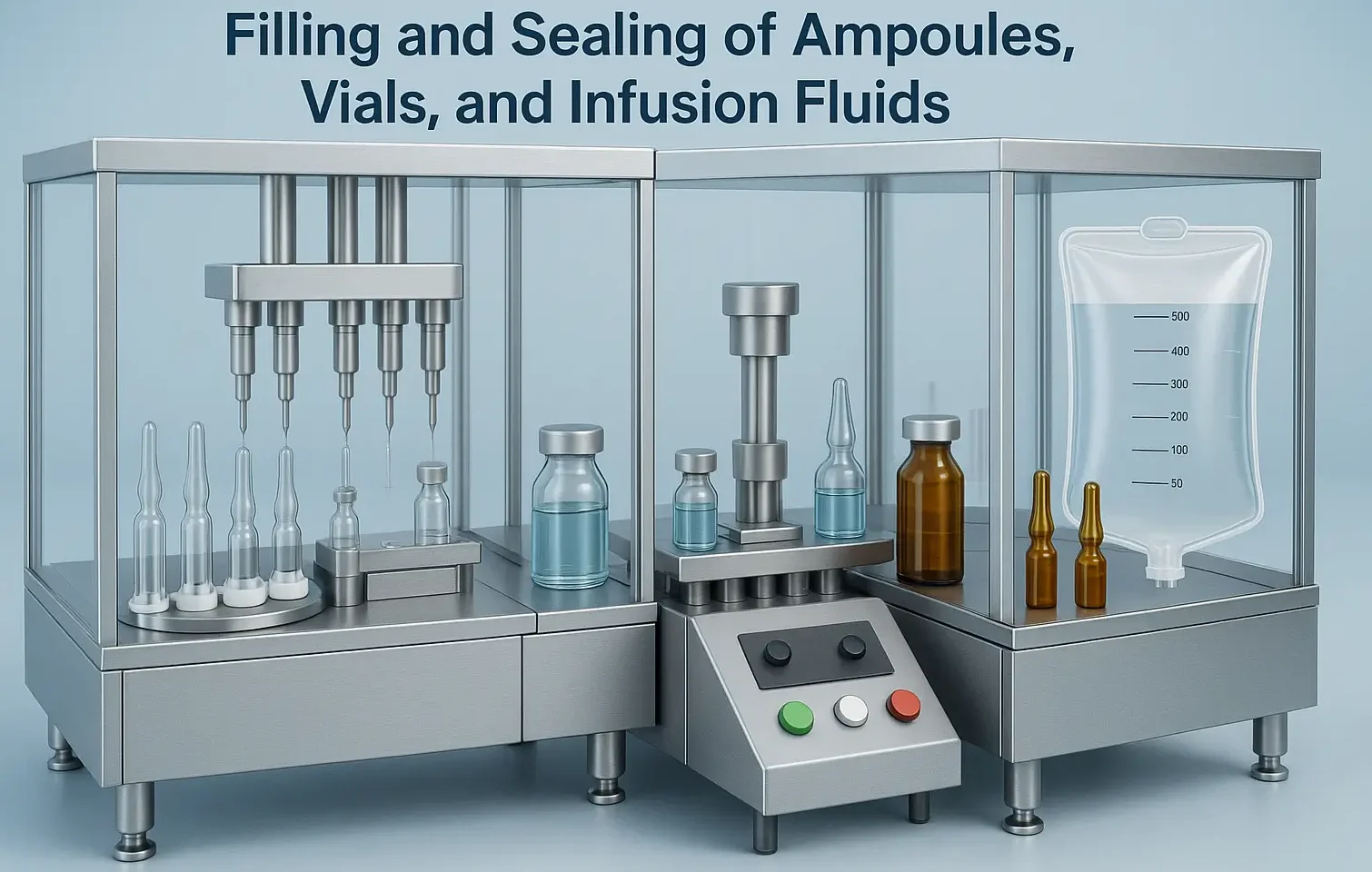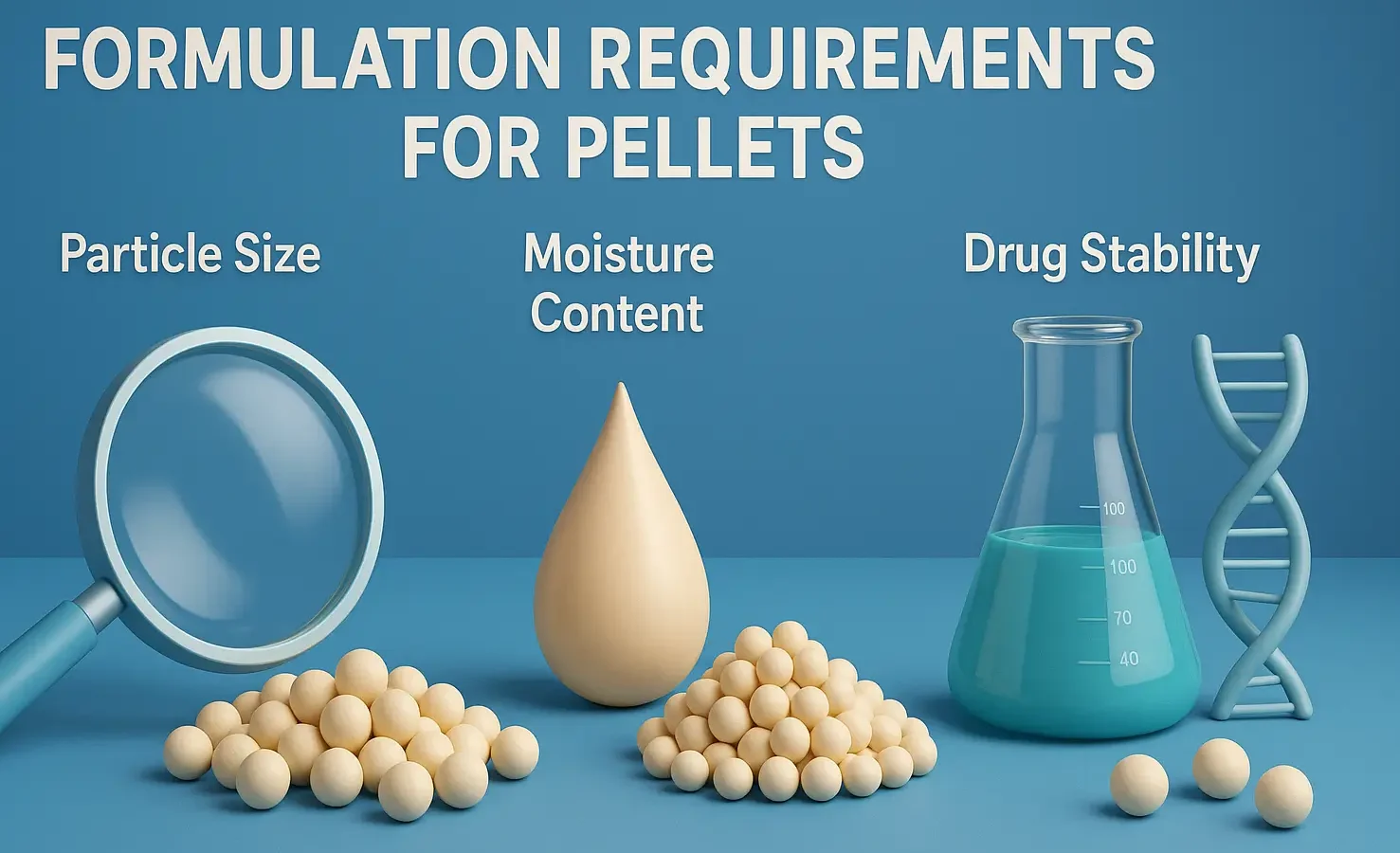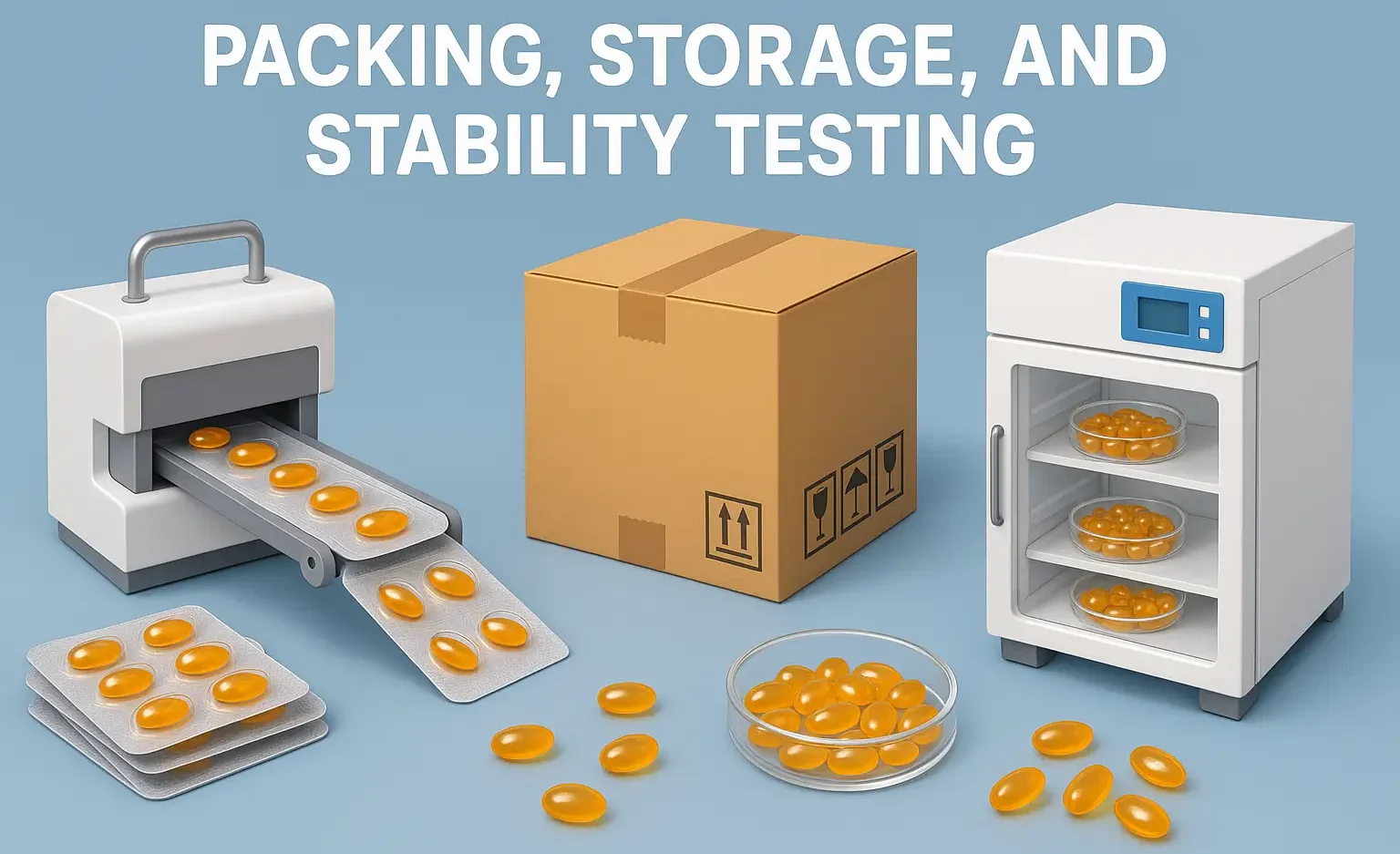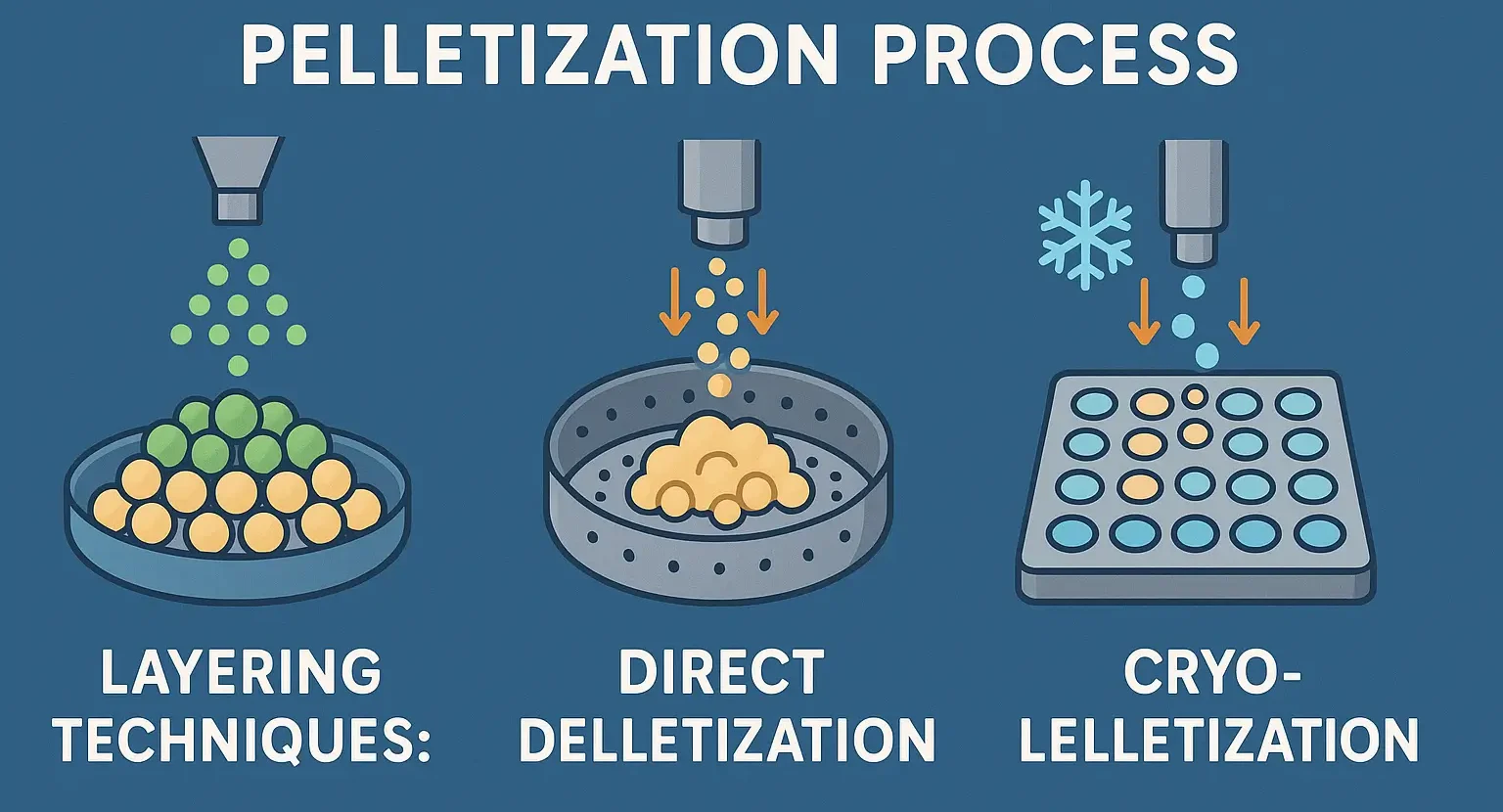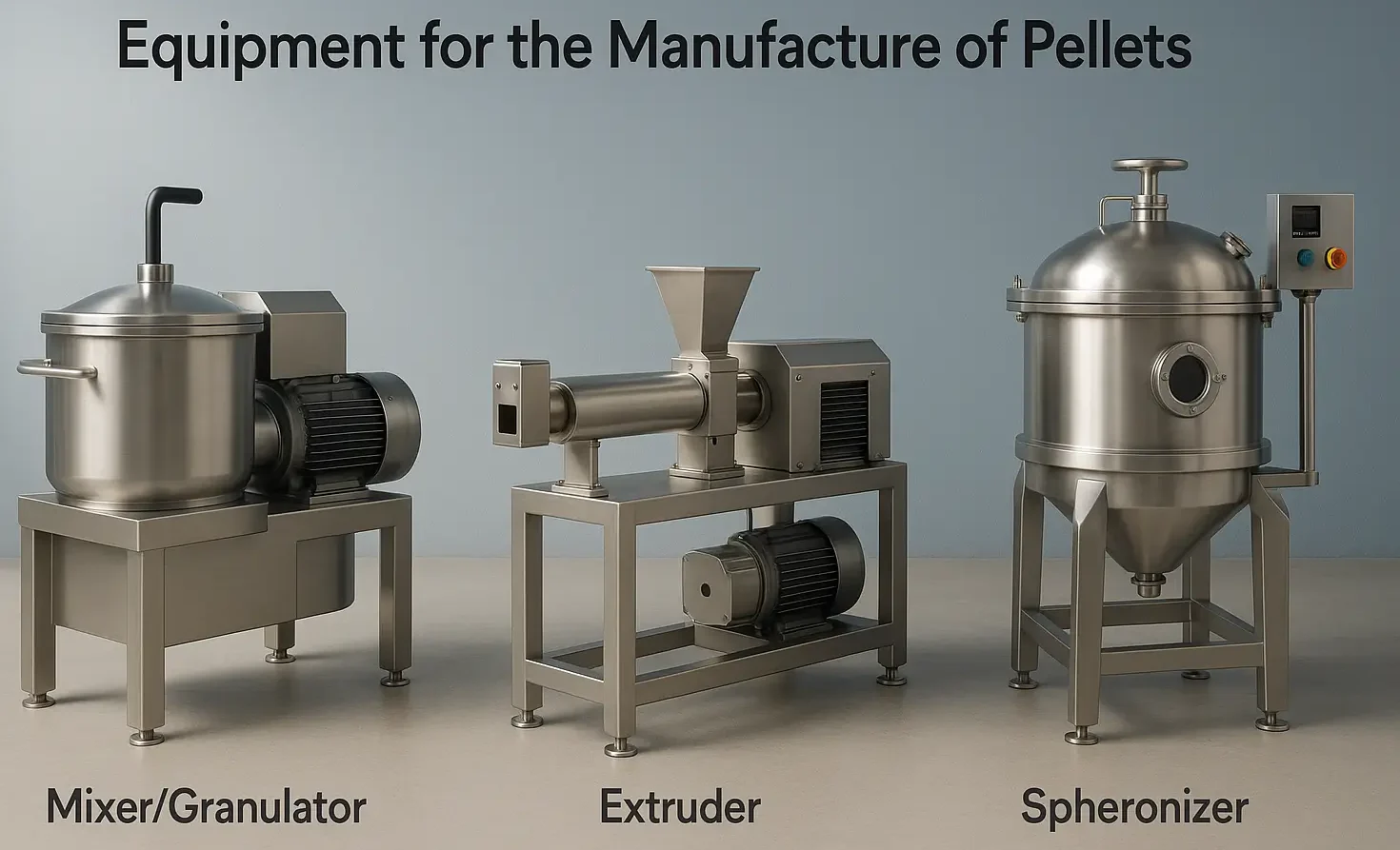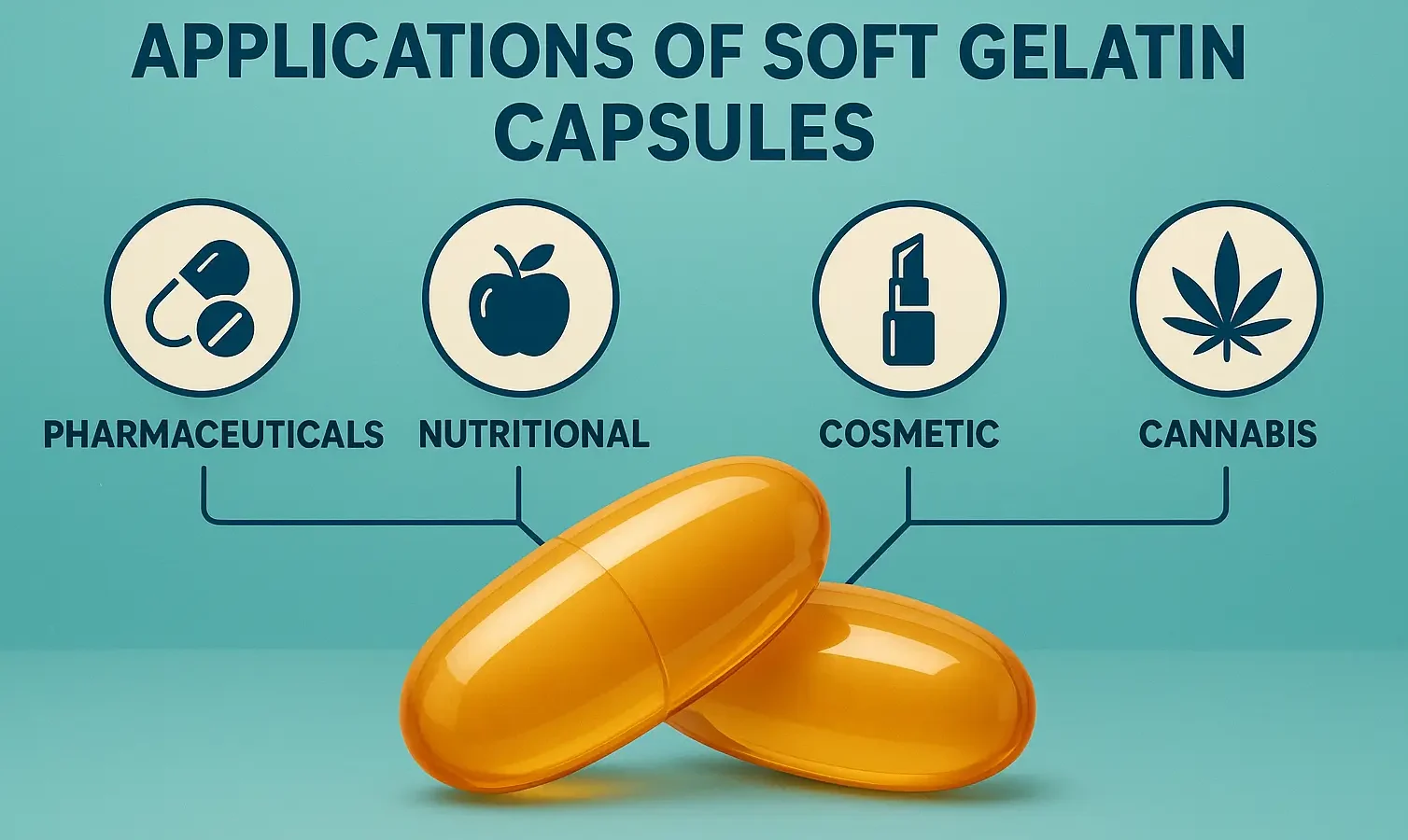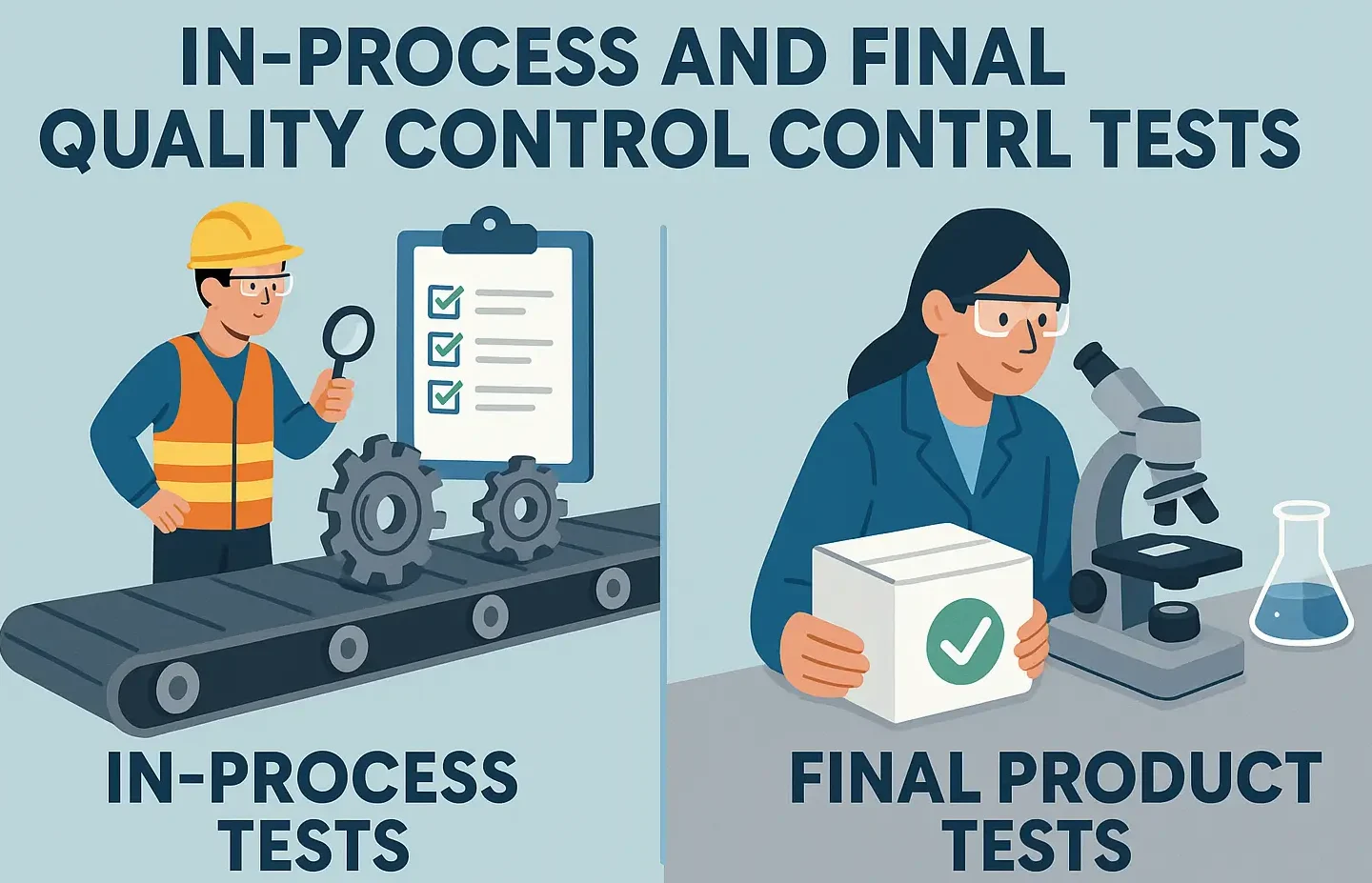Vehicles, Additives, and Importance of Isotonicity
Vehicles, Additives, and Importance of Isotonicity play a crucial role in pharmaceutical formulations by ensuring drug solubility, stability, and patient acceptability. Vehicles and Additives also help maintain osmotic balance to prevent irritation or tissue damage. Vehicles The medium in which the drug is dissolved or suspended. Common vehicles include: Water for Injection (WFI): Highly purified … Read more

